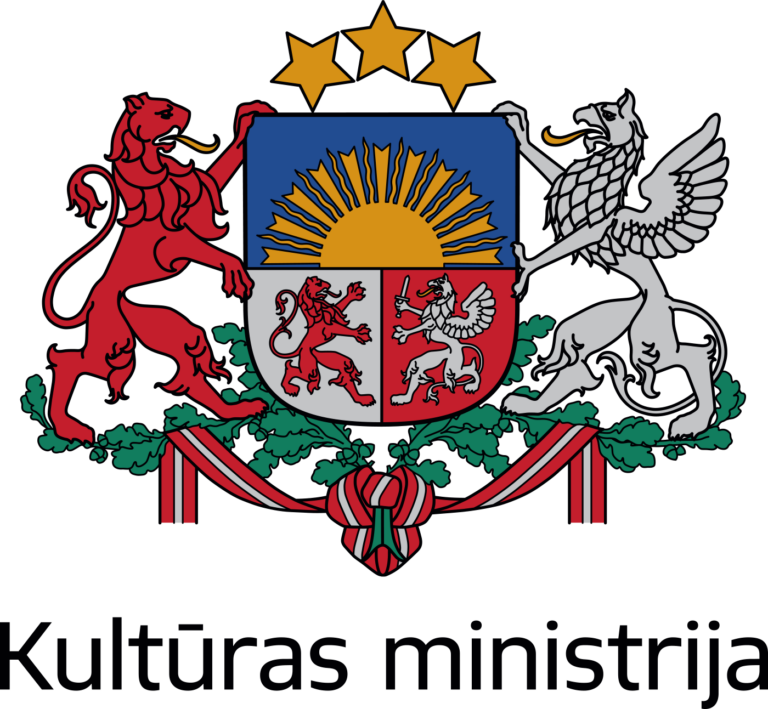Dandelion
Sanita Ziediņa from Talsi has three sons, and one of the younger twins has special needs. She has done what she promised to her son Artūrs: to leave something lasting after him, in the form of a book, a rare kind for Latvia, in which a family with a special-needs child tells its sad and true story.
Artūrs and his twin brother were born early. Both strong and healthy, but five days later Artūrs was found to have purulent meningoencephalitis. Sanita still clearly remembers the first book she read at the hospital, when she understood that her child would be with special needs for the rest of his life.
The book was a translation from German, and in it, a priest who brings up two sons with special needs talks about his everyday life. Later, when she faced the same feelings herself, Sanita found it much easier to act.
‘Books on psychology that offer practical advice or terms don’t work well as an organic story whose characters really go through the whole range of emotions, from receiving a child with special needs, until their death. A story like this creates much value,’ author of the book ‘Pieneņpūka’ (‘Dandelion Fluff’) Sanita Ziediņa said.
Sanita’s life struggles motivated her to help other, which is why she created the ‘Esmu klāt’ (‘I am Here’) association, as a shared platform for the parents whose children were born early.
Although the book, written as a diary, was intended to encourage other parents, Sanita now understands that creating it was a therapy for herself as well.
‘There were days when I wrote a sentence and then spent hours writing at the computer. There were times when I had to wipe away tears to see letters on the keyboard. I went through much healing, and I am convinced that the tears I have now are not those of sadness, because I have created something inspiring, something that I promised to my son,’ Sanita said.
Sanita compare special children to dandelions that many people consider to be a weed. Special children, too, are unloved and spurned by society, but like dandelions, they sow love in the world.
The editor of the book Ērika Bērziņa said that there were very few books, in which families with special-needs children tell their sad stories, and she was only aware of one other book like this published in Latvia a few years ago.
‘Life stories are vital, because if you are in a similar situation, you can identify with the people in the book, understand that there are people who feel similar, and see how they live, deal with their problems and challenges,’ Ērika Bērziņa explained.
‘In the countries where these books do come out, the issue of special children is managed well. People confidently go outside without embarrassment. These children go to cafes, there are books written about them. It’s a normal thing, and not something to be ashamed of,’ Sanita added.
The book also discusses how other people acted in the face of Artūrs’ diagnosis, about the times when Sanitas’ marriage was about to fall apart, and the pain of disrespectful attitudes of doctors.
‘Pieneņpūka’ will be translated, and followed by a sequel: a collection of poems. Sanita Ziediņa began writing them completely by accident, and found out that putting her feelings on paper helped blow away her pain and negative emotions. Just like the fluff of a dandelion.





